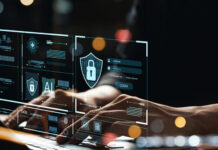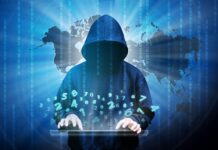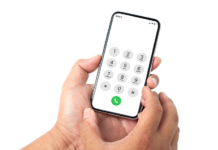
Cybercrime is a criminal activity that uses computers and the internet to commit illegal activities. These activities can include stealing personal information, identity theft, and fraud. It can also involve more serious crimes such as child pornography and terrorism.
Cybercrime affects daily life in a number of ways. For example, if your personal information is stolen in a cyberattack, you may have to deal with identity theft or fraud. This can result in financial losses, as well as a loss of privacy. In addition, cybercrime can lead to security breaches that put everyone at risk, not just the individual victim.
While cybercrime is a serious problem, there are steps you can take to protect yourself. For instance, you can use strong passwords and keep your software up to date. You can also avoid clicking on links or opening attachments from unknown sources. By taking these precautions, you can help keep yourself safe from cybercriminals.
If it were measured as a country, then “CyberCrimeLand” – with its $10 trillion in 2025 – would be the world’s third-largest economy after the U.S. and China.
Yep, you read that right. An entire country built on stealing your private data to hack, disrupt, and ransom the rest of the world. The cybercrime industry is more profitable than the global trade of all major illegal drugs combined!
Why are these statistics important for us ordinary Joes? Because every dime we lose to cybercrime leeches money from everyday people.
Read on to learn what steps each one of us can take to start turning the tide.
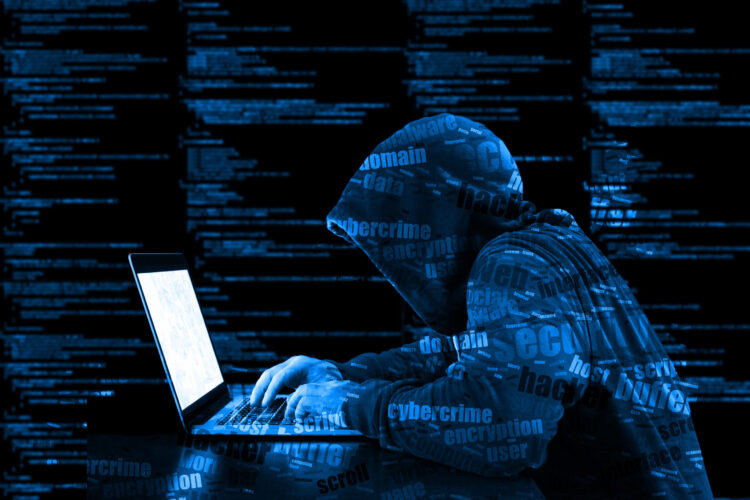
That money should be spent on medical services or poverty relief.
Cybercrime costs include stolen money, fraud, and embezzlement, but secondary costs are also. We pay for lost productivity, disruption to the normal course of business, the cost of system restoration, and recovering from the destruction of valuable data.
How much good could we have done with that much money if only we didn’t have to spend it on cybercrime?
Cybercrime has other far-reaching effects.
Hackers can clear out bank accounts, max out credit cards, get expensive medical treatment on your health insurance, take out loans, and buy houses. And what about your social media and gaming accounts?
But apart from financial ruin, victims of cybercrime also suffer from rage, anxiety, depression, sleep disorders, and other, even more serious, psychological effects. Hackers could also hit a mother-lode if they enter your employer’s sensitive database via your remote working account.
And then, there is the specter of nation-state attacks that could disable the economy of a city, state, or entire country in a heartbeat.
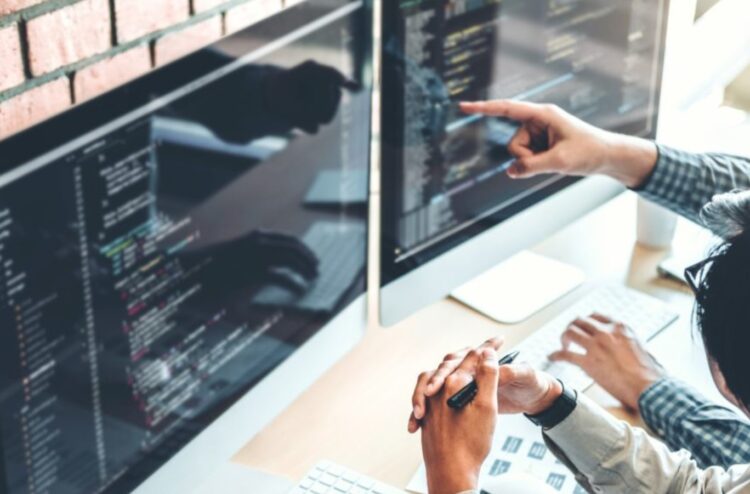
People underestimate the value of their private data.
Data breaches and cybercrime attacks ultimately happen because someone, somewhere, penetrated the defenses of some ordinary Joe. People vastly underestimate how much a hacker can do with a few strands of private information.
Would you be comfortable browsing, shopping, or playing on the internet if you knew that the room was crammed with nosy people looking over your shoulder?
That’s exactly what search engines, shopping sites, and social networking platforms do. Each collects a vast amount of information by recording your clicks, tracking which articles you read, which links you open, and which posts you share.
Built-in trackers spy on you non-stop, and data brokers swap, trade, and sell our data without permission. The data invariably ends up on the dark web, either via financial transactions or data breaches. That’s where attackers can get all the information they need to shape phishing and spear phishing campaigns to make your life a misery.
What steps can you take to be safer online?
Internet privacy has become the first crucial step to internet security. Your first line of defense is to protect your data by any possible means.
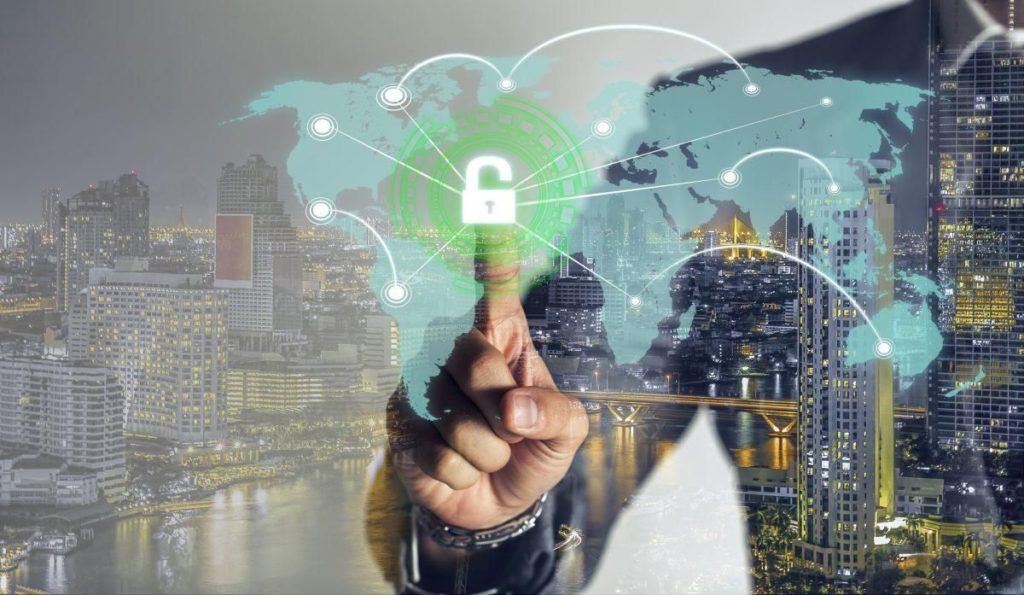
Use Tor for internet browsing
Browsers collect information via built-in trackers that are embedded on almost every website on the internet. They transfer data about everything you do to data harvesting companies.
Tor (the ‘Onion Router’) adds multiple layers to bounce your data around a network of relays so that the websites you visit cannot identify you or pinpoint your physical location.
Use a VPN
The alternative is to use a VPN with a built-in tracking blocker. A VPN establishes a secure tunnel between your computer and the internet and then encrypts everything that passes through that tunnel to ensure that hackers can’t use the information.
Public Wi-Fi networks are hacker meccas. They roam areas with public Wi-Fi to steal passwords or credit card data via man-in-the-middle attacks. Always use a VPN to protect yourself!
Use Duck-Duck-Go as your default search engine
Google sells your information to advertisers. Therefore, you should regard it with the same level of skepticism that you regard everything too good to be true – like “free” Facebook or ‘free’ VPN).
Install Duck-Duck-Go to anonymize your searches and queries.
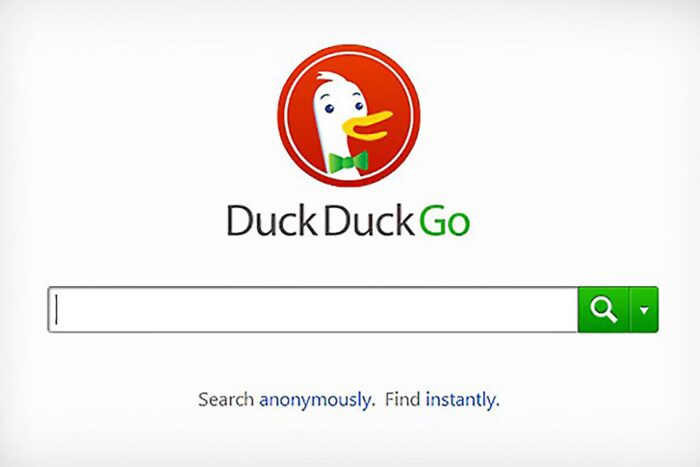
Beef up your browser security
The “do-not-track” settings on your browser are meaningless – there is no guarantee that websites will honor the request. A VPN with anti-tracking technology is your first line of defense, but it’s a good idea to use a properly vetted browser plug-in to add some protection. The gold standard is Ublock Origin by Raymond Hill (not to be confused with UBlock and others with similar names, which are blatant data harvesting tools).
Use a password manager to generate and manage secure passwords
A weak password is like closing your front door without locking it. We all use a huge number of apps or accounts. It’s impossible to memorize complicated passwords for all of them. Rather use a good password manager to generate passwords (minimum of 12 characters with a mix of capitals and special characters).
Keep your antivirus up to date
Anti-malware software stops intrusions before the bad guys can get to you. They will stop you from opening malicious websites, links, or documents, and can play a role in protecting your privacy, too.

Remember: Internet security starts with internet privacy
If you don’t like the idea of close scrutiny by hackers, advertisers, or bots, start protecting your online privacy today. If there is one privacy tool that stands out, it is a good, fast, privacy-focused VPN.


